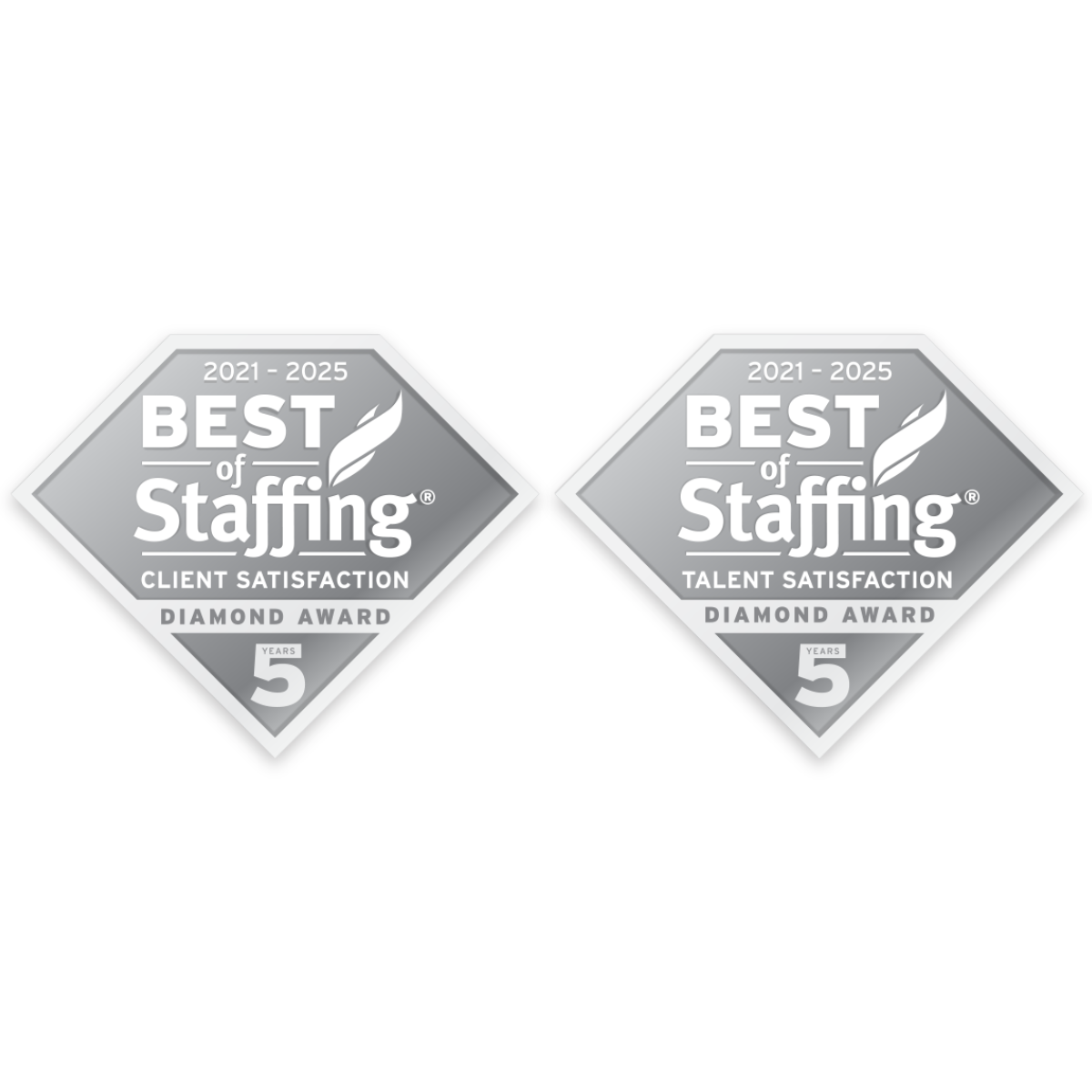To say that the job market is 🔥 may be understating it.
We are in the throes of one of the most competitive and complex labor markets that we have ever witnessed — with an influx of open roles — but only a limited pool of candidates to fill them.
A sign of the times? Signing bonuses — usually the provenance of privileged white-collar professionals and professional athletes — are suddenly becoming common, particularly in the healthcare, food service, manufacturing, and logistics industries. You know the boom is booming when truck drivers, pizza delivery folks, office cleaners, and warehouse workers, not just bankers and consultants, are being offered signing bonuses of hundreds and even thousands of dollars. According to a recent article in the Wall Street Journal, “nearly 20% of all jobs posted on job search site ZipRecruiter in June offer a signing bonus, up from 2% of jobs advertised on the job search site in March.”
We spoke to Alexa Kornemann, a Creative Circle Senior Account Executive for NYC and the tristate area, about her take on what’s going on. “A lot of companies furloughed and laid folks off and didn’t anticipate things would come back as ‘quickly’ and are rushing to fill those slots. Clients are returning, and organizations need to staff up quickly because businesses are getting overloaded.” She added, “it’s unclear if this will be ongoing or is special to this year, but what we do know is that this is an exceptionally candidate-driven market.”
If you’re in the market for talent with highly sought-after skills, you need to act swiftly, interview smart, and be competitive with offers.
Here are a few key things Kornemann is recommending to her clients:
1. WFH flexibility
After working remotely for the last 18 months, many candidates have changed their lifestyle and are only looking for remote or VERY flexible in-office working options. If you’re open to someone working remotely or giving them the option to come into the office only as necessary, you will increase your candidate pool.
2. Consolidate/limit interviews
Interviews are necessary, particularly for full-time/long-term freelance roles; however, consider this fair warning that candidates could find other opportunities in the time it takes to schedule an interview. If possible, limit rounds and offer panel interviews with multiple teammates.
3. Nix the test
Candidates should have enough work in their portfolio to judge if they will be a good fit for your team. If not, request additional samples. A candidate’s time to complete a test (even paid) will risk them locking in another offer.
4. Full-time > freelance
A direct full-time role will outweigh a long-term freelance or freelance to a possible full-time position for most candidates. If you have the option to hire directly, we highly recommend you go that route.
5. Focus on transferrable skills
If you’re looking for an animator for your luxury beauty line and find one with all the capabilities from a tech and creative perspective but worked in high-end auto, not beauty — aim to be more flexible if the skills are good. An animator (or designer, copywriter, etc.) can adapt to brand guidelines. Auto luxury can easily translate to beauty luxury.
6. Competitive compensation
Offer what a candidate is targeting or more. It’s a candidate’s market, and aside from the role needing to be the right career move, the offer needs to be appropriate and aligned with experience and candidate skills — which can be via monetary compensation (base, bonus, stock), additional company perks, and work location flexibility. Many companies are offering all three.
If you are looking to fill open roles at your company but are having limited success, ask yourself:
- What are you doing to shorten the hiring process?
- What are you doing to appeal to candidates?
Take a cold, hard look at your hiring practices and see where you can streamline procedures and sweeten the pot — a little may go a long way towards upping your chances. May the odds be ever in your favor.
About the author.
An award-winning creator and digital health, wellness, and lifestyle content strategist—Karina writes, produces, and edits compelling content across multiple platforms—including articles, video, interactive tools, and documentary film. Her work has been featured on MSN Lifestyle, Apartment Therapy, Goop, Psycom, Yahoo News, Pregnancy & Newborn, Eat This Not That, thirdAGE, and Remedy Health Media digital properties and has spanned insight pieces on psychedelic toad medicine to forecasting the future of work to why sustainability needs to become more sustainable.



